Parenting children 5 – 11 years
Children are growing and dealing with changes and different challenges all the time. It can be helpful to acknowledge with your child that change can feel difficult and it takes time to adjust.
You might notice some behaviours in your child during times of change or when life is feeling difficult, for example:
- They might be especially clingy, tearful or reluctant to go to school.
- They might have physical symptoms like an upset stomach, feeling sick or a headache.
- Their sleep might be affected and they might wet the bed.
- They might be very argumentative, be uncooperative or behave in a way that you find really challenging.
This MindMate resource could help you think about what your child’s behaviour is trying to tell you. If your child sometimes feels overwhelmed with anxiety and is prone to worry a lot, it might help to take a look at this leaflet on Coping with Anxiety
If your child is having particular problems or worries and in need of extra emotional support, you might want to take a look together at MindMate’s pages for young people about coping with common issues.
What helps?
Some general things which you can do at home will encourage children to be more resilient and able to cope with life’s ups and downs
- Agree house rules and be consistent as far as possible. Routine is really helpful for children to feel safe.
- Try to notice ‘feelings’ and find ways to describe and talk about emotions with your child. You might find an ’emotional coaching’ approach useful.
- Reward good behaviour and acknowledge this by clearly saying what it is your child has done well and why you are pleased.
- Provide a healthy and balanced diet and try to eat family meals together as much as possible.
- Encourage your child to talk about their day, and offer reassurance and praise. Talking and listening properly require hard work and patience, but are really important especially as children get older or when things feel tense or difficult.
- Support your child to sleep well. Ensure wind down time at bed time, read a book or tell a story.
- Modelling is a helpful way to support your child in identifying their own emotions and processing how they might be able to change how they feel. Modelling behaviour can be showing your child how you’re feeling and what actions you might take because of those feelings.
Useful links
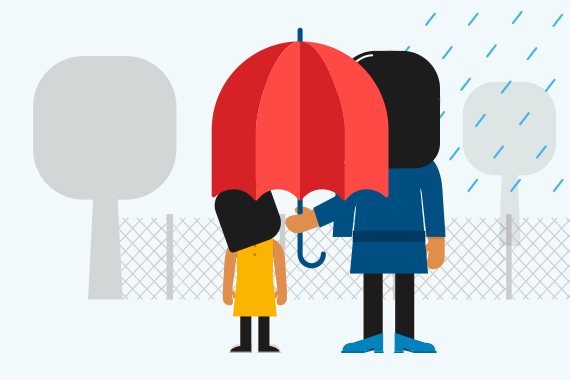
Coping with anxiety
Is your child suffering with feelings of anxiety? This online booklet guides parents on what might help.
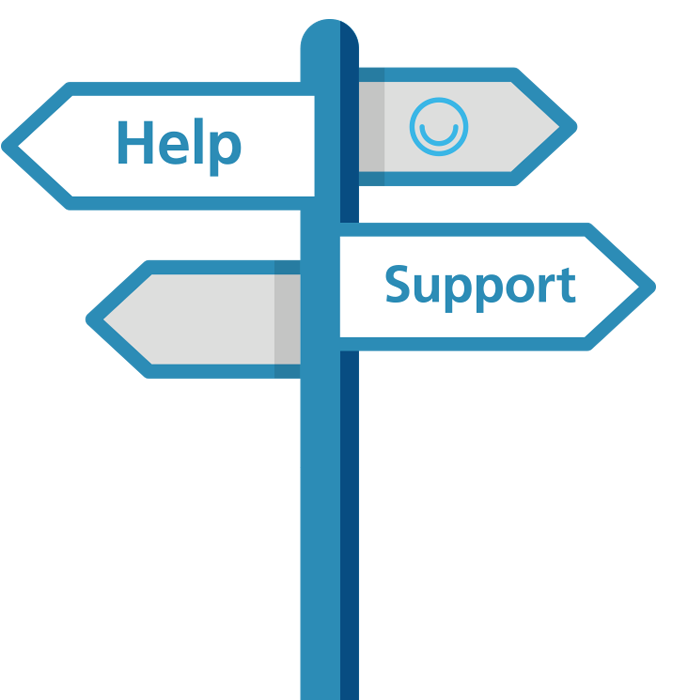
MindMate SPA
Leeds MindMate SPA (Single Point of Access) works with local services to find the right support for children and young people who have a Leeds GP. If your child is 5-17 years you can contact the SPA to ask for help.
Contact SPA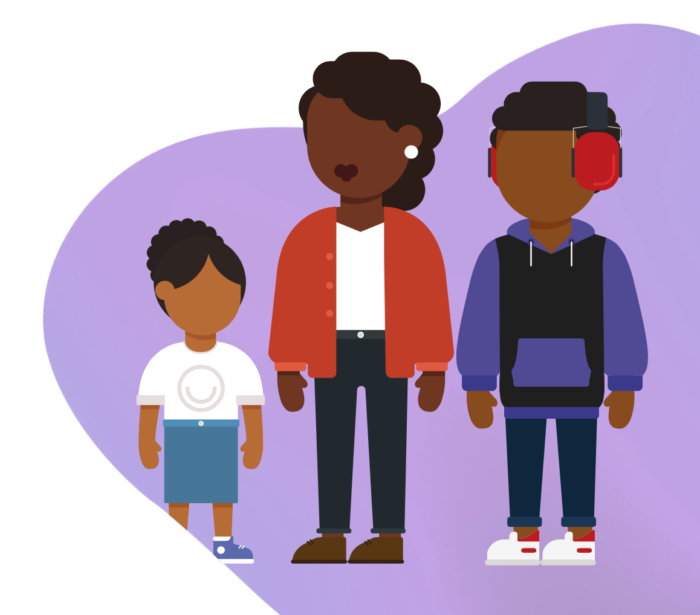
Behaviour is communication
When children find it difficult or are unable to recognise and share their feelings, they use behaviours to communicate.
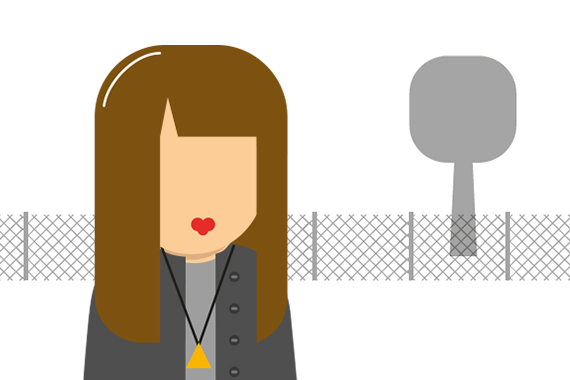
Parent experience - Erica
Hear from another parent and the strategies she uses when her children display challenging behaviour.
Parent experience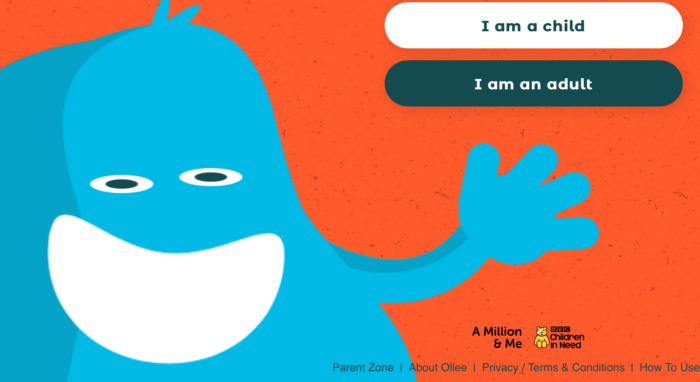
Ollee
Ollee is a browser based app for 8-11 year olds and their parents, facilitating conversations between them about feelings and emotions.
Go to Ollee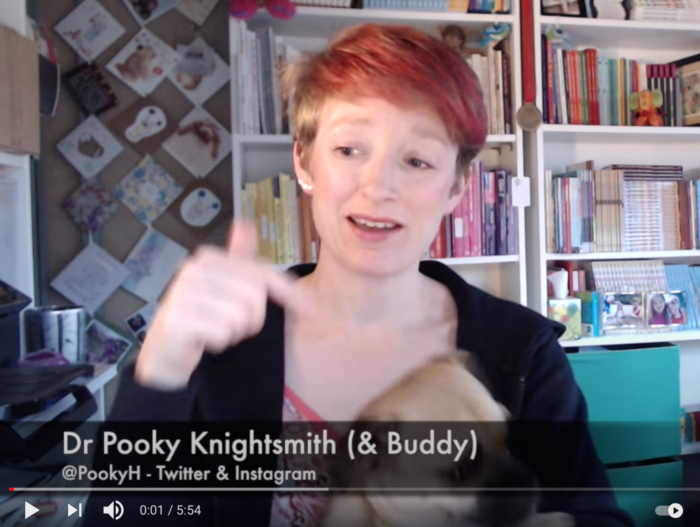
Self Harm advice
YouTube clip Dr. Pooky Knightsmith – what NOT to do if a child is self harming.
Go to clip
Getting ready for high school
Transition to high school can be a tough time for children and their parents. Find out what helps.
Transition to high school

Additional needs and support
Does your child have additional needs or a disability? This guide for families gives details of support offered in Leeds including what you can expect from your child’s school.
